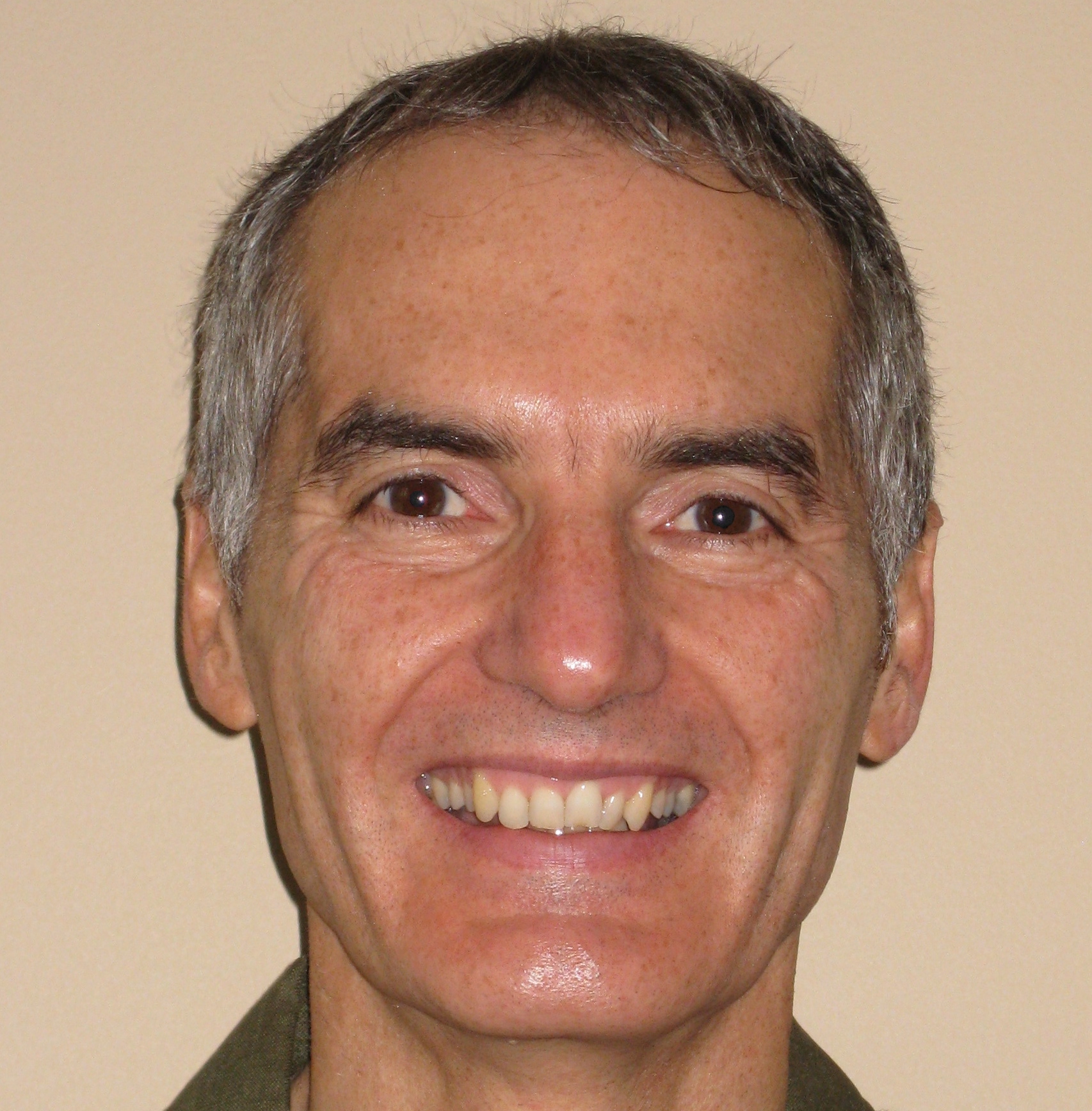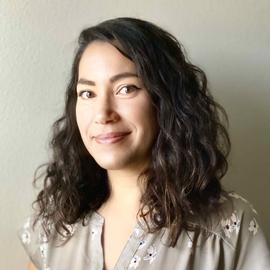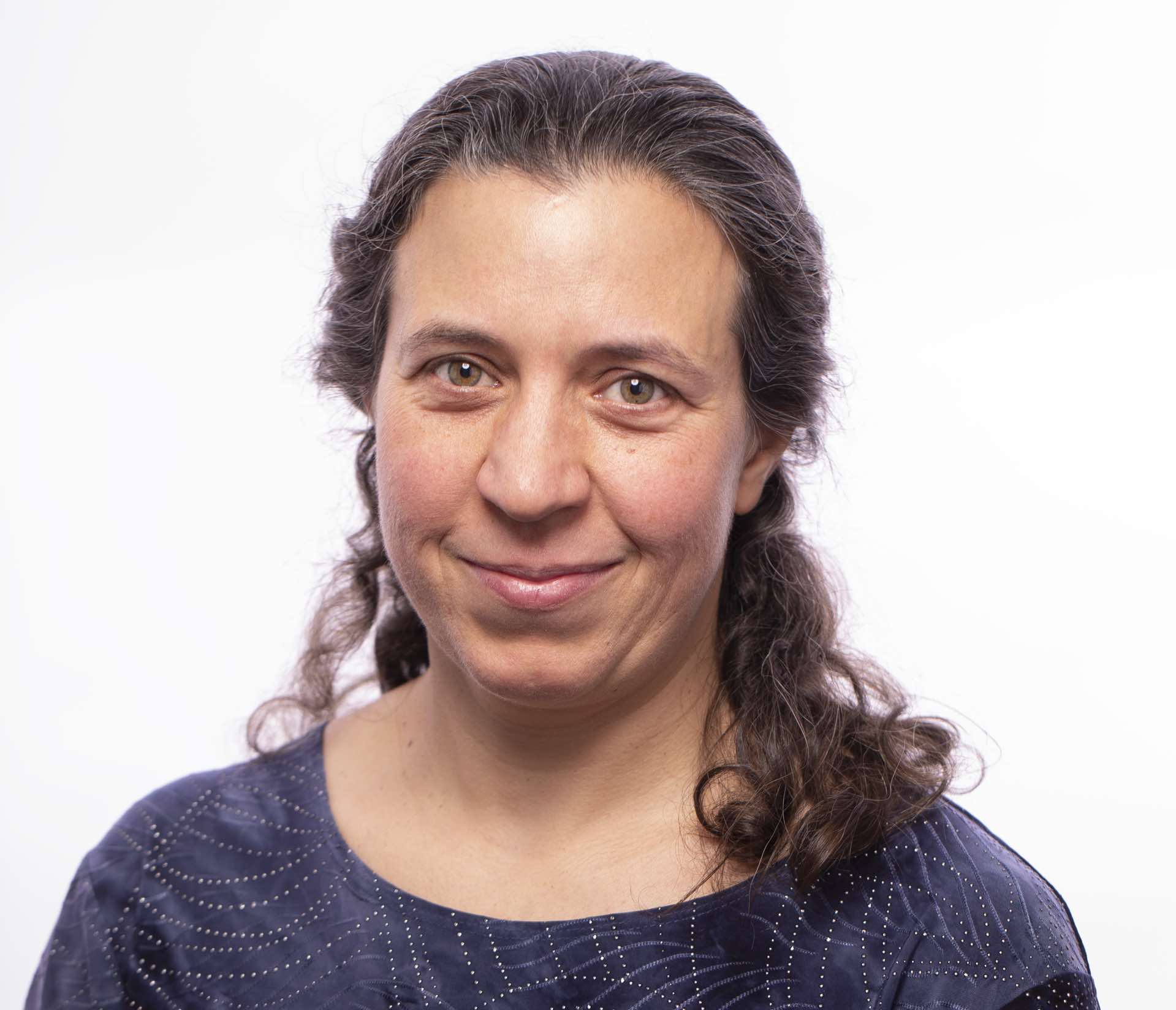The Hard-to-Reach Population Methods Research Group is a collaborative interdisciplinary group of researchers from several universities:

Dr. Mark S. Handcock is Distinguished Professor of Statistics in the Department of Statistics
at the University of California – Los Angeles.
His research involves methodological development, and is based largely on motivation from questions in the social and
epidemiological sciences. He has published extensively on survey sampling, network inference, and network sampling methods. For details see
his web page.
Dr. Katherine R. McLaughlin is Associate Professor of Statistics in the Department of Statistics at the
Oregon State University. She works in many areas of statistics, often with application to social demography and global health. She is an
expert in social network analysis, network sampling, survey sampling and social statistics. Her dissertation work focuses on modeling
preferential recruitment for RDS and Peer-Driven Interventions. For details see
her web page.
Dr. Krista J. Gile is Professor of Statistics in the Department of Mathematics and Statistics at the
University of Massachusetts - Amherst. Her research focuses on developing statistical methodology for social and behavioral science research,
particularly related to making inference from partially-observed social network structures. Most of her current work is focused on
understanding the strengths and limitations of data sampled with link-tracing designs such as snowball sampling, contact tracing, and
respondent-driven sampling. In particular, her dissertation and recent work focus on understanding the implications of assumptions of current
respondent-driven sampling (RDS) methodology, and on introducing improved estimation strategies for RDS data. For details see
her web
page.
Dr. Lisa G. Johnston is an Epidemiologist-Independent Consultant providing technical assistance for over
15 years to international organizations, Universities, and institutions worldwide to conduct surveys and population size estimation techniques
among hard-to-reach populations. Most of her work has focused on conducting HIV bio-behavioral surveillance surveys and size estimations using
RDS among men who have sex with men, sex workers and people who inject drugs, high risk adolescents and youth and migrants. She has conducted
and analyzed data from over 400 RDS surveys in over 40 countries and has published over 45 peer reviewed journal articles about RDS. She has
authored several book chapters and developed manuals and guidance on implementing surveys and analyzing data using RDS. For details see
her
web page.
Dr. Ian E. Fellows is a professional statistician based out of the University of California, Los
Angeles. His research interests range over many sub-disciplines of statistics, with his dissertation work focusing on new methods in the
analysis of social network sampling designs (such as RDS). He has designed statistical user interfaces for both academic and corporate clients,
and in 2011 one of his designs won the prestigious John Chambers Award. He is the primary author of RDS Analyst’s graphical user interface.
or details see
his web page.
Dr. Cori M. Mar is the former Director of the Statistics Core at the Center for Studies in Demography and Ecology (CSDE) at the University of Washington. Her duties included providing training in statistical methods, data analysis techniques, and statistical programming. Dr. Mar has taught R in a variety of formats from a 2-3 hour one class introduction to one hour a week through a 10 week course. Dr. Mar has extensive experience as a translator between statisticians and the applied researchers. For details see the web page.